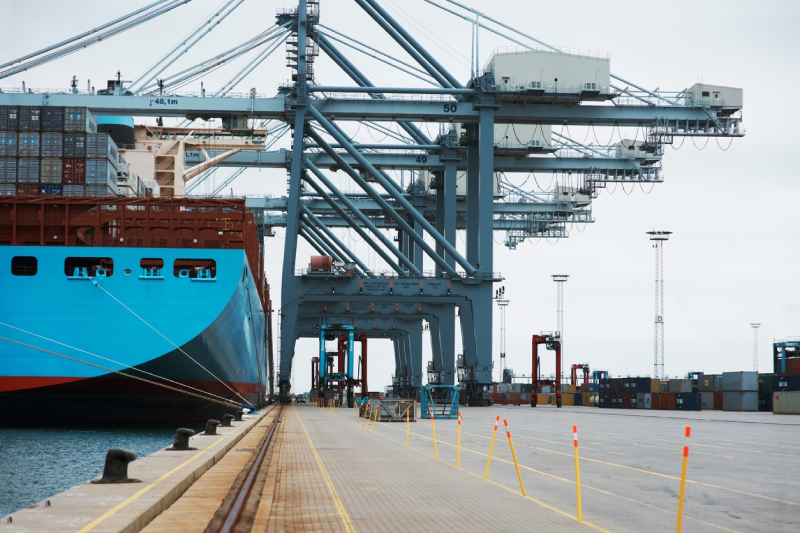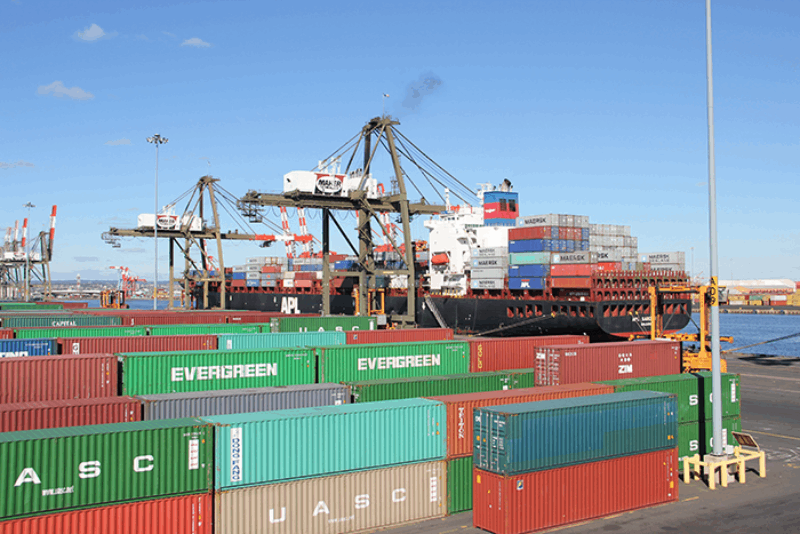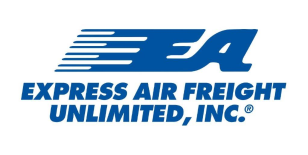Time:2022-09-23 Publisher:Kevin Num:7837

After the trade union and the port operator failed to reach the latest salary agreement, the dock workers at Liverpool Port in the UK began a two-week strike on the evening of Monday (19th).
The union said that its members would stay on strike until October 3 to ask for a salary increase to match the inflation rate. They will strike in the container operation area of Liverpool Port, and other businesses of the port will not be affected.
Liverpool Port operates two container terminals connected to inland ports on the coast of Scotland and Ireland. The port handles about 75000 TEU containers every month, with an average of 60 ships calling each month.
It is reported that Port Pierre received an official notice from Unite Labor Union on September 16, saying that the latest salary proposal was rejected.
Port Pierre said that since June this year, they have offered a salary plan equivalent to an annual salary increase of 10% or 4000 pounds.
In addition to increasing wages, Pier Port also promised to change the working shifts of dock workers, which will reduce the night shift workload by 25%.
The trade union continued to ask Port Pierre to increase the basic wage by more than 12.3% and further increase the wage. Port Pier said that this would be equivalent to a salary increase of about 20% for the entire salary scheme when the union seeks more concessions.

With Britain facing the worst inflation in years, the country has faced extensive strike action in recent weeks. Concerns about the supply chain are growing as workers at the Port of Felixstow have also approved a second strike.
Although the two ports operate independently and are not on the same route, the simultaneous strike is expected to further disrupt the shipping market entering the traditional peak season. In the earlier strike, the shipping company cancelled the call at Felixstow Port.
Arshad Dadabhoy, the head of the UK trade and customs expert team, said: "Supply chain disruption has caused serious damage to many industries, but it is particularly serious in manufacturing and retail industries, where enterprises need to purchase products, parts and components from all over the world."
"These interruptions will delay the peak freight season from China to Europe. Cargo ships will be transferred to other ports in Europe and the UK, increasing congestion pressure on major port hubs such as Hamburg and Rotterdam."
"Our proprietary data shows that the level of container availability at these ports is already very high." Said Christian roeloff, co-founder and CEO of Container xChange.



